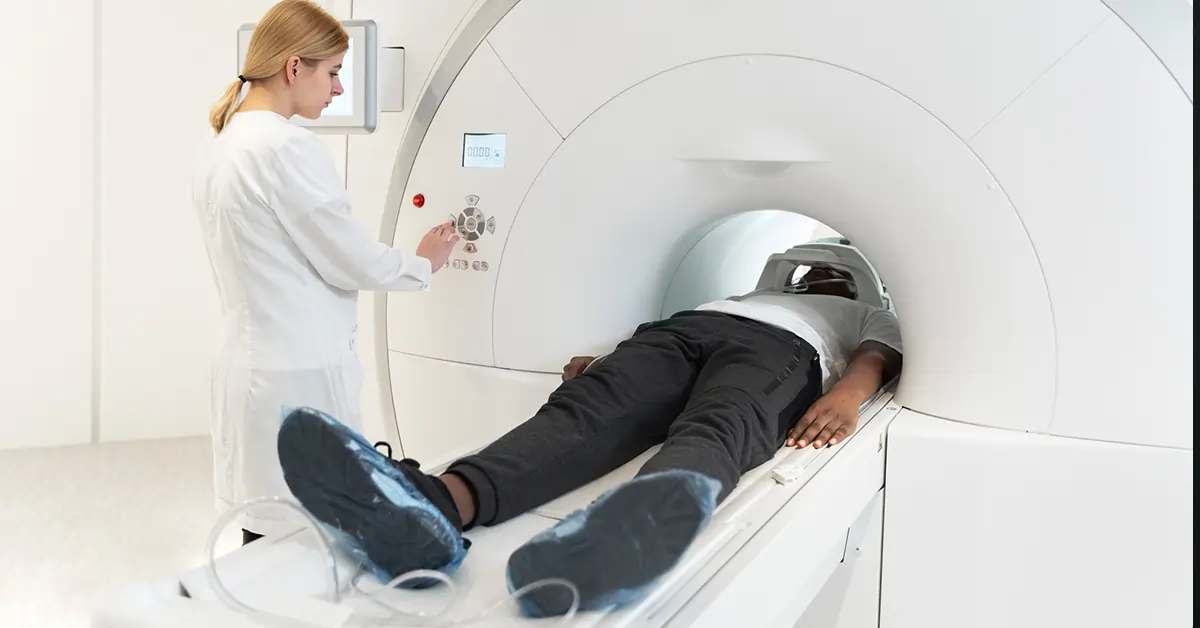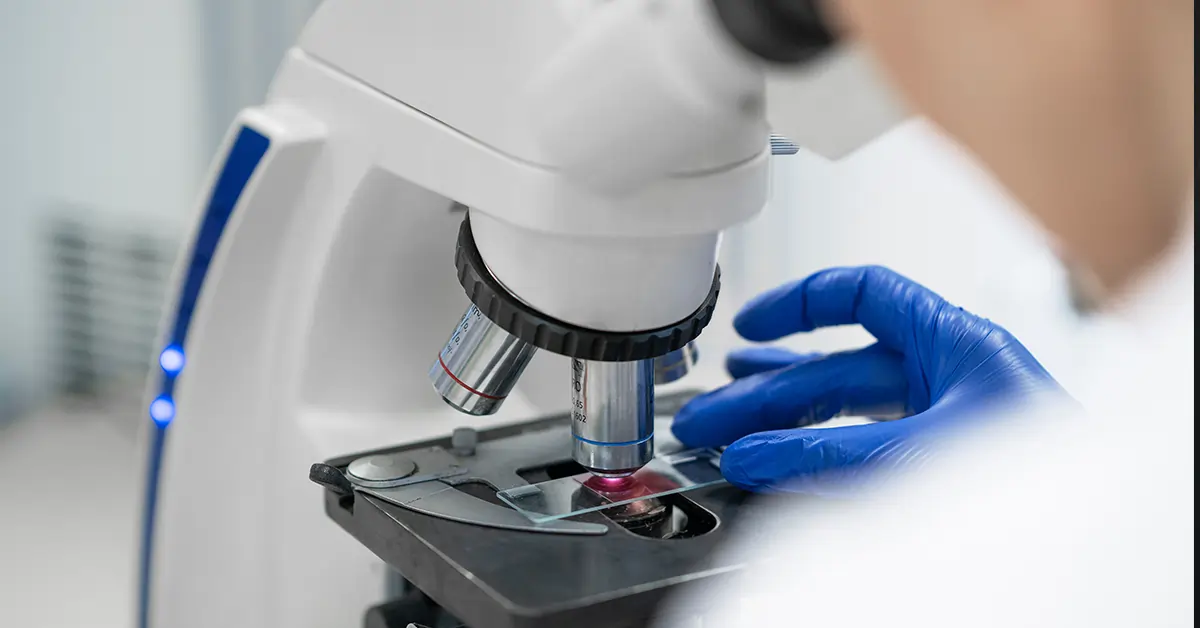
The journey to becoming a doctor is a long and challenging one, but it opens up a world of opportunities. For those who pursue their MBBS abroad, the excitement doesn’t end with graduation. While a medical degree from a foreign medical university can be incredibly enriching the next step—specializing in a particular field of medicine—holds the key to advancing in your medical career.
As we move into 2025, the healthcare landscape continues to evolve, with new technologies, treatment methodologies, and patient needs. Specializations in medicine offer both intellectual satisfaction and lucrative career options.
If you’ve completed your MBBS abroad and are looking for the right specialization to pursue in 2025, this blog is for you.

Surgery remains one of the most preferred choices within the medical field. Surgeons operate on patients to treat injuries, diseases, and deformities, making it a dynamic and high-demand profession. Surgical specializations include:
General Surgery: Involves the treatment of a wide range of conditions that require surgery.
Orthopedic Surgery: Focuses on the musculoskeletal system, including bones, joints, and ligaments.
Neurosurgery: Specializes in the brain, spinal cord, and nervous system.
Cardiothoracic Surgery: Deals with heart and lung surgeries.
Surgery offers excellent job prospects globally, with experienced surgeons in high demand. It is also a financially rewarding field with the potential to earn high salaries, especially in advanced specializations like neurosurgery and cardiac surgery. Given the growth in healthcare infrastructure worldwide, surgical specialties will continue to be a top choice for aspiring doctors.

Internal Medicine is a broad and versatile specialty encompassing the prevention, diagnosis, and treatment of adult diseases. It provides a solid foundation for those looking to specialize further in subfields like cardiology, endocrinology, or pulmonology.
Doctors in internal medicine deal with a variety of conditions, including diabetes, hypertension, infections, and more. It is an excellent option for those who enjoy diagnosing complex cases and treating multiple systems within the body. Internal medicine specialists often work in hospitals, outpatient clinics, and research institutions.
Cardiology: Focuses on heart-related conditions and diseases.
Endocrinology: Deals with hormone-related disorders.
Pulmonology: Focuses on the respiratory system and lung diseases.
Mental health awareness has grown significantly in recent years, and psychiatry has become one of the most in-demand medical specializations. Psychiatrists diagnose and treat mental illnesses, including anxiety disorders, depression, schizophrenia, and mood disorders.
Psychiatry offers a diverse career path, with opportunities in clinical practice, research, and teaching. There is an increasing need for mental health professionals across the globe, making psychiatry a rewarding field both in terms of job security and job satisfaction.
Additionally, psychiatry is evolving with the integration of technology and new therapeutic approaches, such as telemedicine and virtual therapy. This makes it an exciting field for those interested in innovation and mental healthcare advancements.

Pediatrics focuses on the health and medical care of infants, children, and adolescents. Pediatricians are essential in diagnosing and treating childhood illnesses, ranging from common colds to more severe conditions like congenital heart defects.
As healthcare improves worldwide, especially in developing countries, the demand for pediatric specialists continues to rise. Pediatricians often work in hospitals, private practices, and specialized clinics. They also have the option to pursue subspecialties such as:
Neonatology: Specializes in the care of newborns, particularly premature or ill infants.
Pediatric Cardiology: Focuses on heart conditions in children.
Pediatric Oncology: Deals with cancers affecting children.

Dermatology is the medical specialty dealing with skin conditions. With the rise of skin-related issues such as acne, eczema, psoriasis, and skin cancers, dermatologists are in high demand. Additionally, cosmetic dermatology has become increasingly popular, offering treatments for anti-aging, laser procedures, and skin rejuvenation.
Dermatologists can work in a variety of settings, including private practices, hospitals, and clinics, and can choose to specialize in fields like:
Cosmetic Dermatology: Focuses on enhancing appearance and treating aging signs.
Pediatric Dermatology: Treats skin conditions in children.
Dermatopathology: Involves examining skin biopsies under the microscope to diagnose conditions.
Given the growing interest in skincare and cosmetic procedures, dermatology continues to be a lucrative and rewarding career option.

Radiology is an essential medical field that uses imaging technology (X-rays, CT scans, MRIs) to diagnose and treat a wide range of conditions. Radiologists play a crucial role in diagnosing diseases and guiding treatment plans for patients.
Radiology offers various sub-specializations, including:
Interventional Radiology: Involves minimally invasive procedures using imaging techniques.
Neuroradiology: Specializes in the nervous system, including the brain and spine.
Pediatric Radiology: Focuses on imaging of children.

Pathology involves the study of diseases, through laboratory analysis of tissues, blood, and other bodily fluids. Pathologists play a critical role in diagnosing diseases like cancer, infections, and genetic disorders. They are central to the medical community, providing essential data that drives treatment decisions.
There is an increasing demand for pathologists in various settings, including both clinical environments and research institutions. This growing need presents numerous opportunities for professionals to engage in research, work in laboratories, and contribute to teaching hospitals. For many, the field offers a sense of intellectual fulfillment derived from the challenge of solving complex medical mysteries.
The medical field offers an array of exciting career opportunities, especially after completing an MBBS abroad. With the continuous development in healthcare, technologies, and global health needs, the demand for specialized doctors is only expected to grow. Whether you’re drawn to the hands-on approach of surgery or the intellectual challenge of pathology, pursuing a specialization can enhance your medical career, offering higher job satisfaction, financial rewards, and opportunities for lifelong learning.
In 2025, as the world’s medical landscape evolves, selecting the right specialization based on your interests, strengths, and the global demand will not only unlock your career potential but also position you as a leader in healthcare.
Also Read:
Overcoming Challenges: Navigating MBBS Abroad and Life After Graduation
Essential Requirements to Study MBBS Abroad: A Complete Guide for International Students